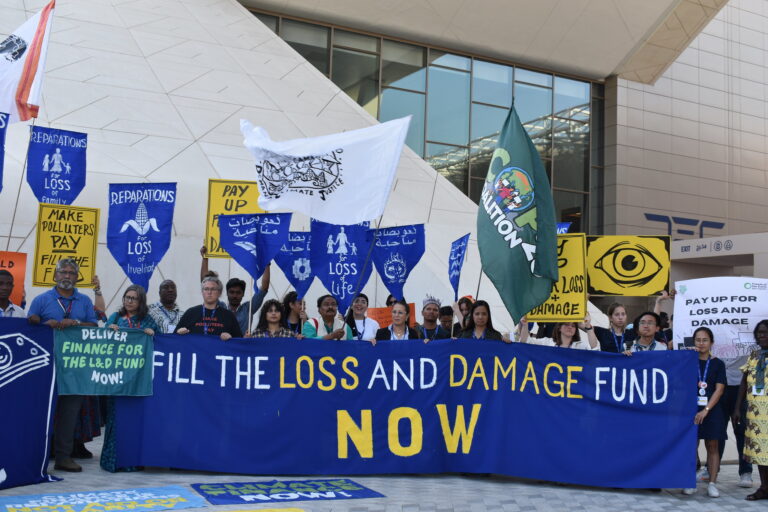The text below is the letter sent by ELSiA to the Polish Council Presidency regarding the EU’s position on the 4th Financing for Development Conference (https://financing.desa.un.org/ffd4) (taking place in June in Spain), in particular on the issue of debt justice. The letter is sent ahead of key upcoming milestones in the leadup to FfD4 – the Financing for Development Forum taking place on 28-29 April and the Fourth Preparatory Committee Session taking place on 30 April-1 May in New York.
“Brought together by the mission of care for creation and global justice, we write to you as members of the European Laudato Si’ Alliance, to urge your support for a transformative approach to the current global debt crisis engulfing the Global South.
In light of the ethical principles that inform our faith and in the context of the Jubilee Year proclaimed by Pope Francis, we urge the European Union to assume a leading role in addressing the burden of unsustainable debts faced by many heavily indebted countries, which undermines their ability to invest in health, education, housing and climate action for their people.
In upcoming key international negotiations, in particular at the Fourth Financing for Development Conference (FfD4), the EU has the power and opportunity to become a more reliable partner to the Global South and to foster the common good for all. EU Member States concerned can do so by cancelling and remedying unjust and unsustainable debts, without economic policy conditions, considering that, in 2023, for example, EU DAC countries accounted for 34.98% of all donor-originated debt for low- and middle-income countries.[1] The EU as a block can do so at the FfD4 by championing the creation of a permanent, transparent, binding, and comprehensive debt framework within the United Nations, one that prioritises the needs of people and the planet over profits.
This would be a sign of tangible engagement with Global South countries on an equal footing, which could go a long way in enabling the EU to live up to its values of human dignity and global solidarity and to deliver on its longstanding commitment to multilateralism.
We reiterate that the debt crisis is not just a financial issue but a profound moral challenge. In the spirit of this Jubilee Year, Pope Francis has “urge[d] the international community to work towards forgiving foreign debt in recognition of the ecological debt existing between the North and the South of this world”,[2] reminding us that debt cancellation and restructuring is an act of justice, enabling people in the most marginalised situations to live with dignity. In the same spirit, he has also called for the creation of a “multinational mechanism, based on the solidarity and harmony of peoples, that takes into account the global nature of the problem and its economic, financial and social implications.”[3]
In this Jubilee Year, we have a unique opportunity to galvanise global momentum towards a more equitable and sustainable financial system. Your leadership is critical in achieving this vision.
Thank you for your attention to this critical issue. We hope you will join us in working towards a fairer, more inclusive world for all”.
[1] OECD https://data-explorer.oecd.org/vis?df[ds]=DisseminateFinalBoost&df[id]=DSD_CRS%40DF_CRS&df[ag]=OECD.DCD.FSD&dq=ALLD%2BDACEU_EC..1000.100._T._T.D.Q._T..&lom=LASTNPERIODS&lo=5&to[TIME_PERIOD]=false&vw=tb
[2] Pope’s World Day of Peace message, 1 January 2025.
[3] Address to the participants in the meeting “Addressing the debt crisis in the Global South”, Rome, 5 June 2024.



